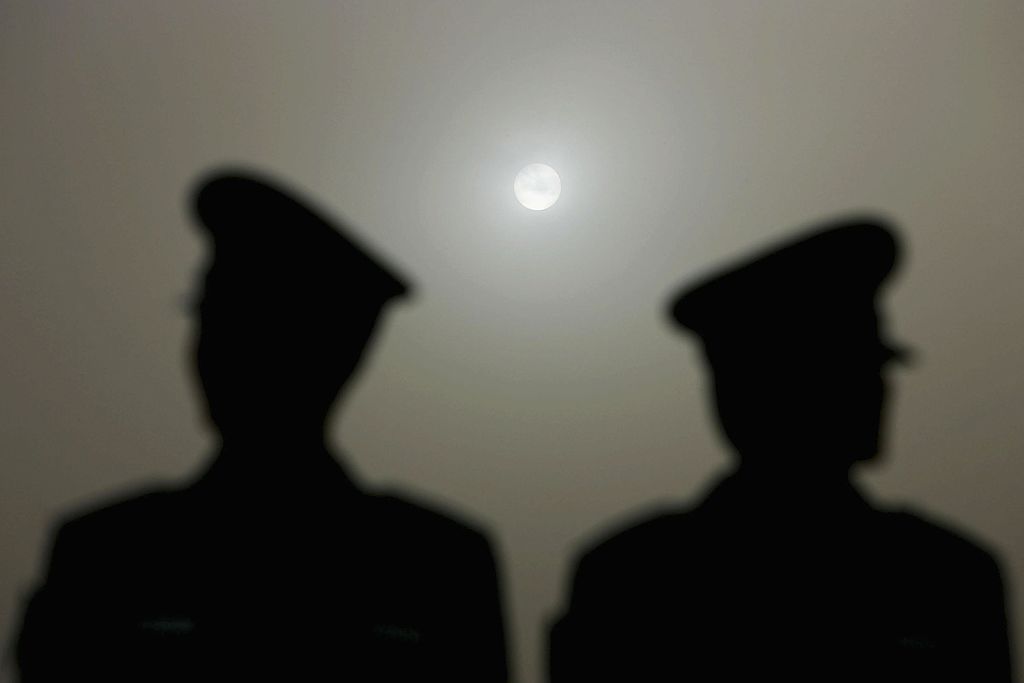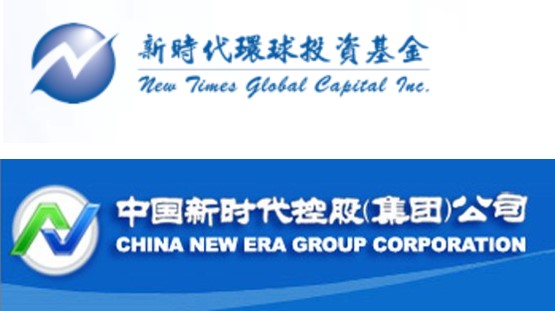
After Wang Liqiang’s request for asylum in Australia, some commentators have cast doubt on his claims. Some of these doubts are rooted in a misunderstanding about Wang’s role, casting him as a professional intelligence officer when he has never claimed to be one.
China’s intelligence agencies are not like ours; the widespread use of cutouts and non-professional agents, the effect of well-connected princelings in the intelligence apparatus and the integration with business mark Chinese intelligence tradecraft.
But the most valuable part of Wang’s story has eluded attention—his accusation that Xiang Xin, a Hong Kong businessman he claims to have worked for, sits at the centre of a People’s Liberation Army network. Many of Xiang’s reported military links have already been uncovered by Taiwanese media.
The Taiwanese government moved swiftly to stop Xiang and his wife Gong Qing—also alleged by Wang to be an intelligence officer—from leaving the country after Wang’s story aired on Australian television. They are now under investigation. Last week, a senior Taiwanese government official told the New York Times that Xiang’s and Gong’s ‘relationship with China’s People’s Liberation Army was extraordinarily close’.
In 2008, Xiang’s main company, China Innovation Investment Limited (then known as Sino Technology Investments Company Limited) posted a notice to the Hong Kong Stock Exchange announcing it was establishing a defence technology investment fund with a remarkable steering committee.
The head was to be none other than Nie Li—China’s first female lieutenant general and an adviser to and former deputy director of a Chinese military defence technology agency, the Commission for Science, Technology and Industry for National Defense (COSTIND). She is also the daughter of one of the Chinese revolution’s most lauded marshals, Nie Rongzhen. The only other members of China Innovation’s steering committee were two retired major generals from COSTIND.
Wang has alleged that Nie Li and her husband, General Ding Henggao, sent Xiang to Hong Kong in 1993 as an intelligence officer. Ding was the director of COSTIND at the time.
A large body of open-source information also points to Xiang’s network. Aside from the steering committee’s three generals, at least six of Xiang’s associates can be linked to COSTIND:
- His wife, Gong, worked in the China Defense Science and Technology Information Center. The centre was described in a US Congressional Research Service report as the public-facing name of COSTIND’s Intelligence Research Institute.
- In 2005, Pang Weizhong was a director of SNG Hong Kong Limited, a company partially owned by China Innovation. Pang previously worked as an executive at two of COSTIND’s companies in Shenzhen, across the border from Hong Kong. Company documents show Pang has listed his address as a location that serves as the Beijing office of Xiang’s companies. He has also worked in a charitable scientific association that had Nie Li as its honorary president.
- Li Tongyu was an executive director of China Innovation from 2003 to 2005. He has also worked for a state-owned missile manufacturer supervised by COSTIND since 1989. In 1999, he became deputy CEO of three COSTIND-linked companies in Hong Kong, including China Satellite Launch Agents. The company marketed the Chinese military’s satellite launch services to foreign clients and has been described by PLA expert James Mulvenon as ‘one of [COSTIND’s] most important companies’. Li is currently an executive at China Aerospace Science and Technology Corporation—China’s state-owned missile and satellite manufacturer—where he heads the Long March 11 rocket program.
- Luo Xiuqing worked as a senior executive in two COSTIND-supervised defence companies before joining China Innovation as executive director and chairman from 2003 to 2005.
- Wang Qingyu was non-executive director and chairman of China Innovation from 2005 to 2009. Before joining the company, he was president of a university administered by COSTIND and an executive in one of China’s largest arms manufacturers.
- Guo Yijun has served alongside Xiang as a director of Takenaka Industry Company Limited in Hong Kong. He is also general manager of a Beijing company that is majority owned by a company set up by Xiang and his wife. A book chapter on China’s defence industry co-authored by Guo in 1987 indicates he worked in COSTIND. In 1994, he emerged as general manager of a company in mainland China established with funds from COSTIND’s best-known front company, New Era Group.
These examples show Xiang’s close ties to China’s defence system. His public biography is vague about his time in mainland China and simply notes that he graduated from Nanjing University of Science and Technology—then subordinate to COSTIND—and ‘has worked in a number of large organisations in the PRC’. But China Innovation’s investment activity—a litany of deals with Chinese defence companies such as Norinco Group—makes it clear that its focus is on technologies with military applications.
Perhaps the most intriguing part of Xiang’s story comes from his earliest days in Hong Kong. In 1994, just after he moved there, he established an investment fund called New Times First Capital, now called New Times Global Capital. Details about the fund are nearly impossible to find. However, the Panama papers, a massive leak of data on tax-haven companies, reveal that New Times Global Capital is registered to an address in the British Virgin Islands.
Xiang has primarily owned his companies through opaque firms registered in jurisdictions like Niue, Samoa and the Bahamas.
How were Xiang and Gong able to emerge from mainland China in the early 1990s with the funds to establish and acquire their companies?
New Times Global Capital’s name may offer one clue. In Chinese, it begins with the phrase Xinshidai, the same as COSTIND’s main front company, New Era, or Xinshidai, Group. New Times’ logo, used by most of Xiang’s companies including China Innovation, also has striking similarities to New Era Group’s.

Is it possible that Xiang Xin is using this iconography and hiring COSTIND veterans to give the impression that he and his companies enjoy COSTIND’s blessing? Maybe, but it’s unlikely that Nie Li, former deputy director of COSTIND, would head the steering committee of an investment fund set up by a company misusing COSTIND’s reputation.
After combining Wang’s allegations with scholarly studies of the Chinese military and Xiang’s publicly reported activities, a startling picture of Chinese military and intelligence activity emerges.
In the 1990s, China’s military was an ‘entrepreneurial army’ that became one of the country’s most important business actors. With COSTIND at the forefront of much of the PLA’s business activity, the military experienced skyrocketing levels of corruption and was prolific in its smuggling of everything from missiles to luxury cars.
In one case, military smugglers reportedly even opened fire on Chinese customs officials trying to intercept them. In this world, intelligence officers can be highly autonomous, run violent and messy operations, and have to build up their own networks of loyal adjutants without patrons in Beijing.
COSTIND also served as a central agency for intelligence on defence technology. Using the ‘New Era’ business empire as cover, COSTIND officers have even been accused of attempting to steal foreign military technology. Its companies in Hong Kong have been reported to be involved in brazen political interference. Liu Chaoying, the daughter of a PLA general who worked with Chinese military intelligence to funnel donations to the US Democratic National Committee in 1996, was an executive at the Hong Kong subsidiary of the state-owned missile manufacturer supervised by COSTIND.
As intelligence agencies pore over Wang Liqiang’s claims, they will likely find many of them difficult or even impossible to verify. But the insights he offers into an alleged Chinese military intelligence network require close and serious analysis of the type that ASIO has publicly said it is conducting.

